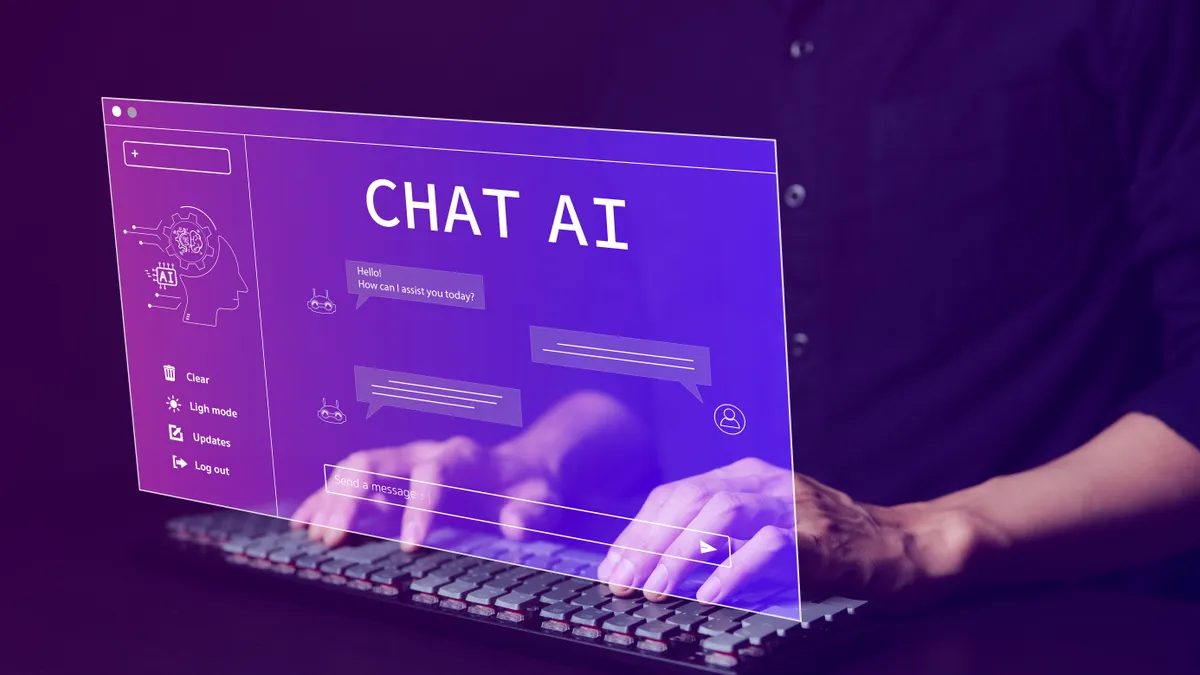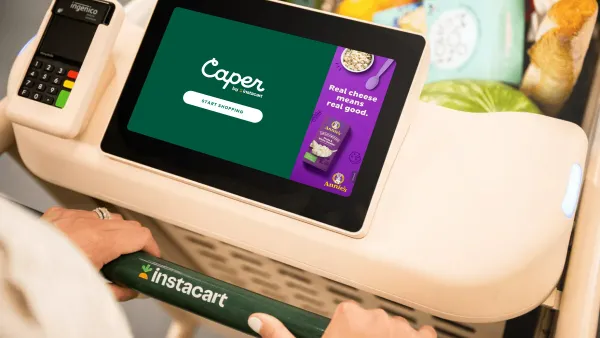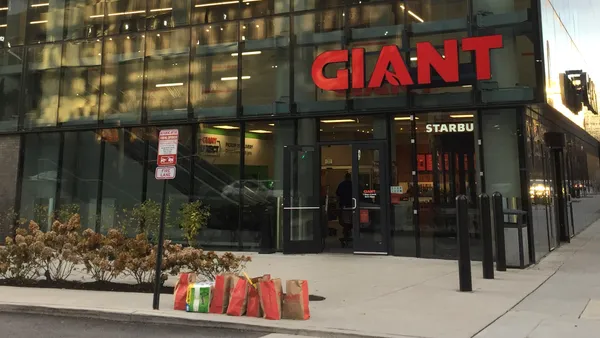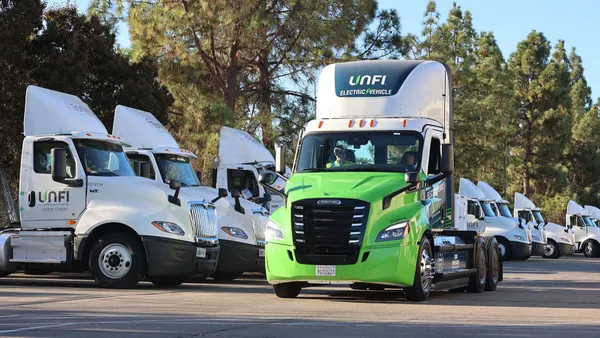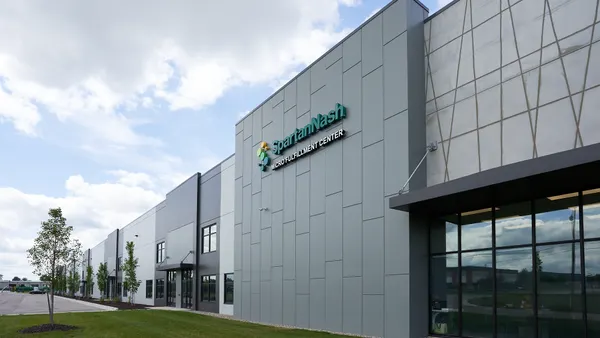Dive Brief:
- Grocery industry leaders appear to be rapidly warming up to the potential for generative artificial intelligence to play a key role in how their companies operate. More than 40% of top-level executives who participated in a survey conducted by Deloitte expect to use the technology for a business application before the end of 2023, the consulting firm said in a report released Wednesday.
- A similar proportion of the respondents said they believe generative AI will be able to make a “significant financial contribution” to their businesses, which Deloitte defined as “major revenue creation” or “cost savings.”
- Grocers are especially excited about the possibility of using generative AI to interact with customers and build loyalty even as shoppers are concerned that retailers might misuse the technology.
Dive Insight:
Generative AI is playing a key role in how grocers envision the future of their businesses less than a year after the disruptive technology — which allows automated platforms to produce individualized responses based on input from human users — began grabbing headlines.
In a sign of just how fast grocers are embracing generative AI, just 1% of respondents to Deloitte’s survey believe it will be years before the technology can be deployed effectively. Eighty-four percent of respondents said they are “at least somewhat familiar” with what systems based on the technology can do.
The June survey drew responses from 100 senior executives who work at U.S. grocery retailers that have more than 10,000 employees. A Deloitte spokesperson declined to identify the retailers represented in the research.
Asked what they consider to be the most promising “killer application” for generative AI in the grocery industry, the largest share of survey participants (31%) chose “acting as customer assistant.” That could mean anything from responding to basic customer service questions, offering advice with meal planning, helping shoppers select products and offering alerts about sales, Deloitte said.
Back-office tasks also were high on the list of applications respondents said they believe generative AI could impact. Twenty-two percent of executives who took part in the survey said they think “managing supply chain logistics” is most likely to be the aspect of their business generative AI will change, followed by “inventory management” (19%) and “helping select/create new private label offerings” (8%).
While grocers believe they would be able to use generative AI to handle customer-service functions, Deloitte said that poses challenges, in part because doing so would entail collecting a wealth of personal information from shoppers.
Deloitte’s research suggests shoppers are skeptical that food retailers would use generative AI in ways that are beneficial for customers. Only 22% of participants in a survey of 2,000 U.S. consumers the consulting firm fielded for an upcoming report agreed or strongly agreed that their primary grocer would use the technology responsibly when communicating with shoppers now or in the future.
“Two in ten is a low figure for what some might consider one of the most trusted companies in consumers’ lives,” the report noted.
In addition, more than half (53%) of these consumer respondents said they would prefer not to receive communications from their grocer that are produced by artificial intelligence, according to Deloitte.
To counter people’s misgivings about generative AI, Deloitte suggested that grocers proceed gingerly as they explore ways to use the technology to interact with customers. For example, retailers could use generative AI to improve existing digital services before rolling out new experiences that might put people off, the firm said. Grocers could also ease people’s concerns by focusing on the benefits of tools like apps and smart speakers without mentioning generative AI by name, Deloitte pointed out.



